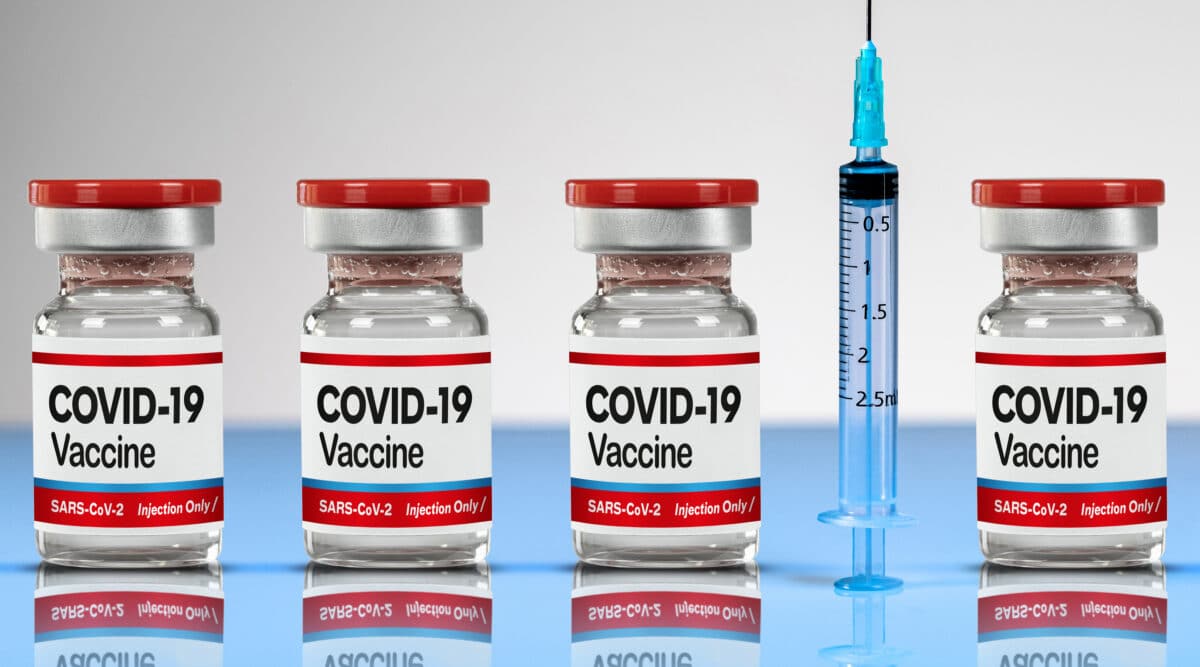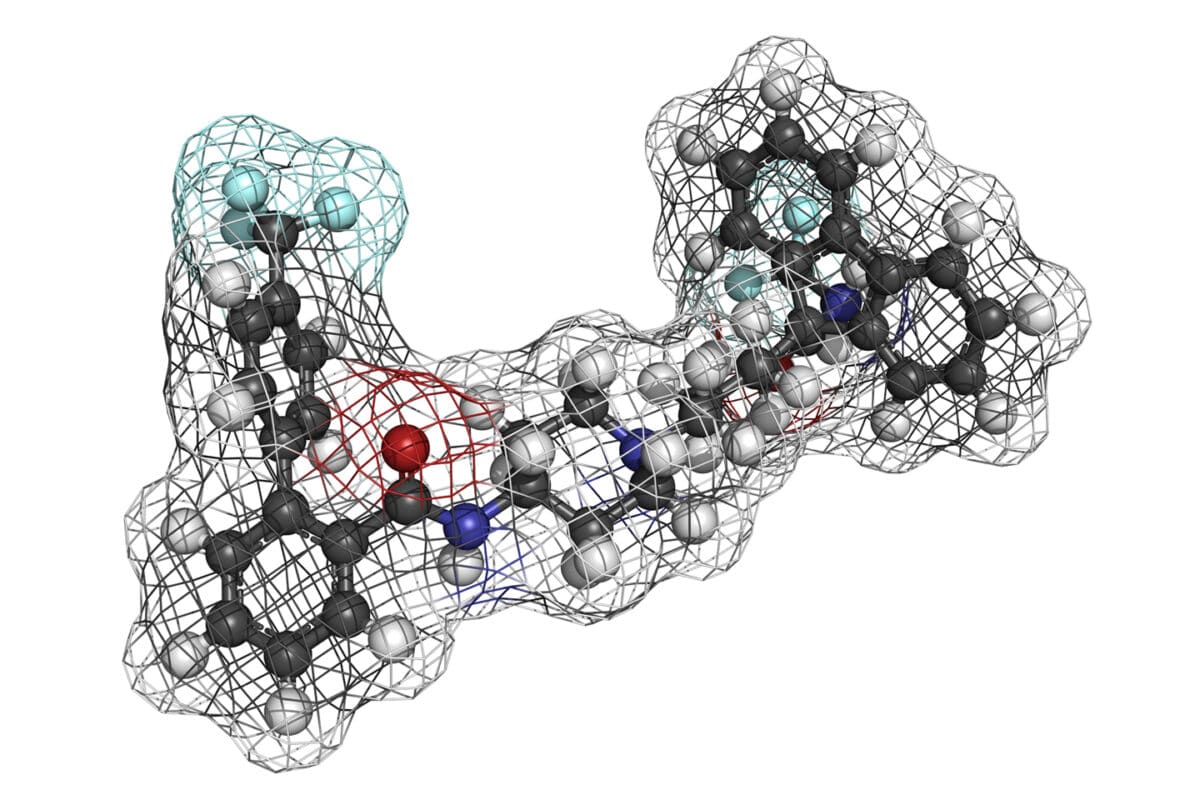The FDA approved a new infused therapy last week, Amondys 45 (casimersen)) from Sarepta Therapeutics, with an indication for Duchenne Muscular Dystrophy (DMD). Amondys is further limited to treat the 8% of Duchenne patients with the exon 45 skipping genetic mutation. It is administered weekly by IV infusion in the home or infusion center.
DMD is the most common type of muscular dystrophy. DMD is caused by an absence of dystrophin, a protein that helps keep muscle cells intact. The first symptoms are usually seen between 3 and 5 years of age and worsen over time. The disease often occurs in people without a known family history of the condition and primarily affects boys, but in rare cases it can affect girls. DMD occurs in about one of every 3,600 male infants worldwide. Since there are about 40,000 individuals with DMD in the US that translates into only ~3,200 candidates for the 8% that Amondys targets.
There are other dystrophin-gene-mutation, disease-modifying therapies for DMD on the market– Exondys 51 (skips dystrophin gene #51) and two that target gene #53, Vyondys 53 and Viltepso. All directly promote dystrophin production in the body.
People with DMD progressively lose the ability to perform activities independently and often require use of a wheelchair by their early teens. As the disease progresses, life-threatening heart and respiratory conditions can occur. Patients typically succumb to the disease in their 20s or 30s; however, disease severity and life expectancy vary.
Amondys 45 53’s price will be comparable to Vondys 53 and Exondys 51 (both are Sarepta therapies)….. neither of which is cheap. It is dosed based on weight. For example, a 50 lb. child would run a whopping $350,000 per year with older /larger patients costing upwards of $1 million annually.
All DMD products have been launched through limited distribution (direct-to-office / hospital/home infusion) using a specialty pharmacy. Since dosing is weekly home infusion will be common. We have been able to confirm that Sarepta has selected Orsini Specialty Pharmacy to support their limited distribution – direct-to-office (LD-DTO) program.
FDA Approves Targeted Treatment for Rare Duchenne Muscular Dystrophy Mutation
February 25, 2021 — Today, the U.S. Food and Drug Administration granted approval for Amondys 45 (casimersen) injection for the treatment of Duchenne muscular dystrophy (DMD) in patients who have a confirmed mutation of the DMD gene that is amenable to exon 45 skipping The agency approved Amondys 45 based on an increase in dystrophin (a protein that helps keep muscle cells intact) production in skeletal muscle observed in patients treated with the therapy. This is the first FDA-approved targeted treatment for patients with this type of mutation. Approximately 8% of patients with DMD have a mutation that is amenable to exon 45 skipping.
“Developing drugs designed for patients with specific mutations is a critical part of personalized medicine,” said Eric Bastings, M.D., deputy director of the Office of Neuroscience in the FDA’s Center for Drug Evaluation and Research. “Today’s approval of Amondys 45 provides a targeted treatment option for Duchenne muscular dystrophy patients with this confirmed mutation.”
Amondys 45 was evaluated in a double-blind, placebo-controlled study in which 43 patients were randomized 2:1 to receive either intravenous Amondys 45 (30 mg/kg) or placebo. All patients were male, between 7 and 20 years of age, and had a genetically confirmed mutation of the DMD gene that is amenable to exon 45 skipping.
In the study, patients who received Amondys 45 showed a significantly greater increase in dystrophin protein levels from baseline to week 48 of treatment compared to those who received placebo.
The FDA has concluded that the data submitted by the applicant demonstrated an increase in dystrophin production that is reasonably likely to predict clinical benefit in patients with DMD who have a confirmed mutation of the dystrophin gene amenable to exon 45 skipping. A clinical benefit of the drug, including improved motor function, has not been established. In making this decision, the FDA considered the potential risks associated with the drug, the life-threatening and debilitating nature of the disease, and the lack of available therapy.
The most common side effects observed in DMD patients treated with Amondys 45 were upper respiratory tract infections, cough, fever, headache, joint pain and throat pain.
Although kidney toxicity was not observed in the Amondys 45 clinical studies, kidney toxicity was observed in the nonclinical studies. Kidney toxicity, including potentially fatal glomerulonephritis, has been observed after administration of some antisense oligonucleotides. Kidney function should be monitored in patients taking Amondys 45.
Amondys 45 was approved using the Accelerated Approval pathway, under which the FDA may approve drugs for serious conditions where there is unmet medical need and a drug is shown to have certain effects that are reasonably likely to predict a clinical benefit to patients. Further study is required to verify and describe anticipated clinical benefits of Amondys 45, and the sponsor is currently conducting an ongoing, double-blind, placebo-controlled, multicenter study designed to evaluate the safety and efficacy of Amondys 45 in ambulatory DMD patients.
The FDA granted this application Fast Track and Priority Review designations. Amondys 45 also received Orphan Drug designation, which provides incentives to assist and encourage the development of drugs for rare diseases.
The FDA is granting the approval to Sarepta Therapeutics, Inc.











